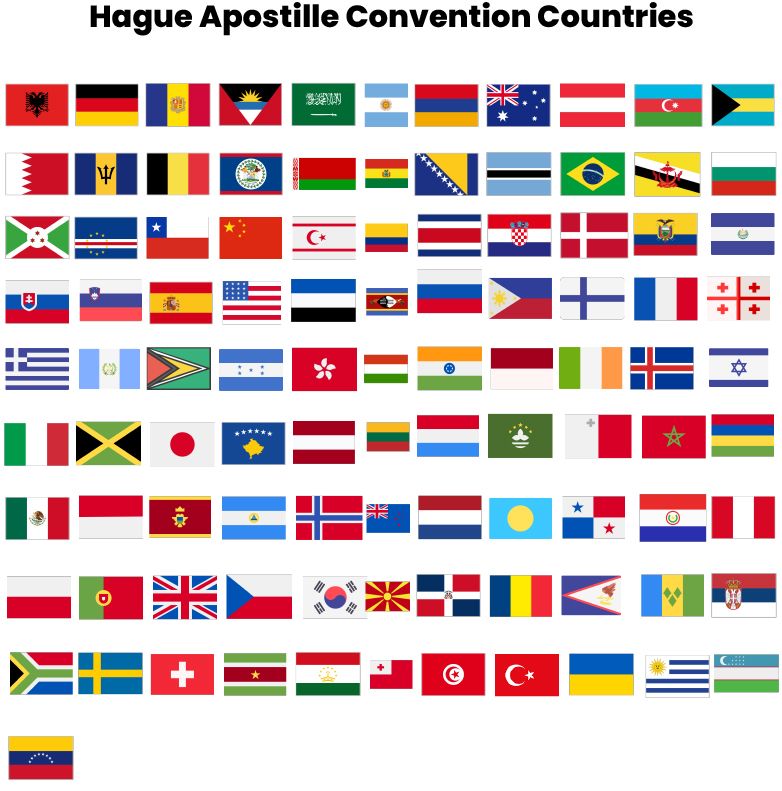The 1961 Hague Convention, created to abolish the requirement for legalization of foreign public documents, has been a fundamental pillar in international document authentication processes. The well-known Hague Apostille simplifies the validity of documents between signatory countries. In 2025, this mechanism not only remains in force but has evolved with significant technological advances and expanded scope that make it even more efficient.
One of the main new developments this year is the global expansion of the electronic apostille (e-Apostille), a project promoted by the Hague Conference's e-APP (Electronic Apostille Program). By 2025, more than 50 countries will have already adopted electronic systems to issue and verify apostilles completely digitally, eliminating paper use, facilitating traceability, and reducing processing times from weeks to hours.
In addition, some countries have begun integrating blockchain technology into their e-apostille platforms to ensure the security, immutability, and authenticity of apostille documents. This represents a significant advance in terms of digital trust between countries, especially in contexts such as migration, international studies, contracts, and foreign trade. Also in 2025, new countries joined the Hague Convention, thus expanding the number of nations that mutually recognize the validity of apostille documents. This expansion further strengthens international ties and reduces bureaucracy for citizens and businesses needing to validate documents abroad.
The advancement of digitalization has profoundly transformed the apostille process. In 2025, the Hague Convention not only remains an essential instrument of international law, but is also adapting to new technological realities. With the e-Apostille and the integration of technologies such as blockchain, we are moving toward a more agile, secure, and globalized environment for document validation. The future of international authentication is no longer on paper, but in the cloud.
